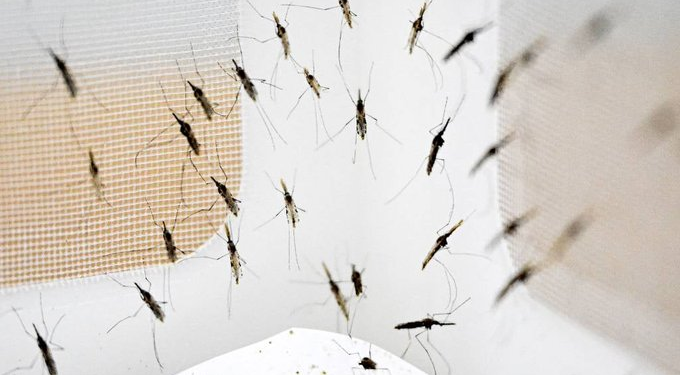Lema Tefera’s voice trembled as he recalled losing four of his children to malaria in just one month—deaths that could have been prevented if not for the ongoing conflict in Ethiopia’s Oromia region.
“There was no malaria medication or treatment in our village due to the fighting,” the farmer told AFP by phone.
Ethiopia is grappling with a worsening malaria crisis, particularly in Oromia, its most populous region, where a conflict between the government and the Oromo Liberation Army (OLA) has raged since 2018. The violence has severely disrupted health services, leading to a surge in fatalities.
According to the World Health Organization (WHO), Africa accounts for about 95% of the 250 million malaria cases and over 600,000 deaths recorded globally each year. Ethiopia’s malaria cases doubled in 2023, with 7.3 million infections and 1,157 deaths reported between January and October. Oromia alone accounts for nearly half of these cases.

The ongoing conflict has led to the collapse of health facilities and a critical shortage of anti-malarial drugs, said Gemechu Biftu, Executive Director of the Oromia Physicians Association. “Programmed supplies of anti-malarial drugs have been disrupted due to the armed conflict,” he explained.
The situation is especially dire in areas like West Wollega, one of the worst-hit regions. Legesse Bulcha, director of Nejo General Hospital, revealed that malaria cases now account for 70% of the hospital’s 26,000 patients, compared to just 20% in previous years.
Beyond the conflict, experts warn that climate change is exacerbating the crisis. Rising temperatures are creating more favorable conditions for malaria-carrying mosquitoes, with cases now appearing in new areas and persisting even during the dry season.

Médecins Sans Frontières (MSF) medical coordinator Rachelle Seguin described 2024 as the worst year for malaria in Ethiopia. “It’s a perfect storm—rising temperatures, ongoing conflict, and a health system in crisis,” she said, warning that the upcoming rainy season (June–September) could make the situation even worse.
The crisis is further compounded by the recent freeze in U.S. aid funding, ordered by President Donald Trump. The U.S. government previously contributed around 40% of global malaria control funding, and the cut is expected to significantly impact efforts to combat the disease in Ethiopia.
For families like Lema’s, the consequences are devastating. Unable to farm due to his grief, he now relies on relatives for survival. “I have been completely depressed,” he said. “I have not been able to recover from the grief.”









